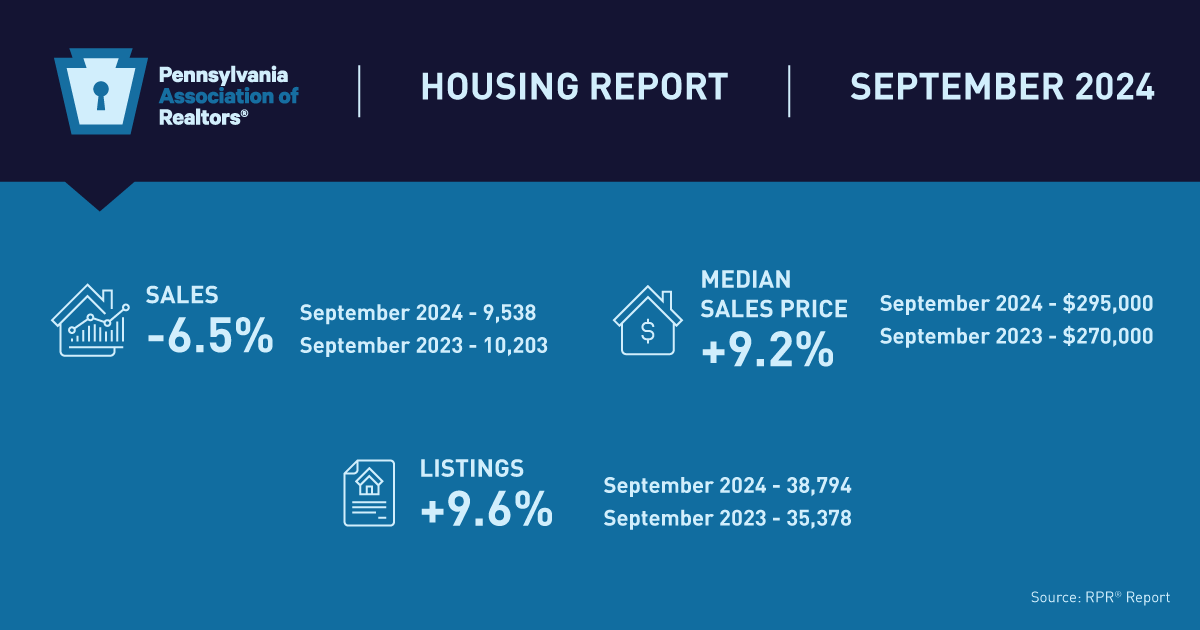What Realtors® need to know about disability rights in housing
“Sometimes, it just takes a little more education than what you already have,” said Director of Enforcement for the PA Human Relations Commission Jinada Rochelle.
As a Realtor®, your goal is to provide affordable housing to everyone, regardless of race, color, religion, sex, handicap, familial status, national origin, sexual orientation or gender identity. But there are a few categories that may fall under a protected class that you aren’t aware of.
In housing, the largest number of complaints for 2017-2018 in Pennsylvania were disability, retaliation and race/color, according to the commission. Rochelle said another growing category is discrimination based on the source of income. “Some landlords/property owners don’t want to take someone’s income, if it’s a disability check or if they get a housing voucher, which is another form of income, to pay their rent. It can have a discriminatory affect, as it is mostly people of color.”
Non-obvious disabilities are arguably the most common category of disability in the U.S., and these are disabilities that are often misunderstood, said Rochelle. “The housing provider and individual engage in an interactive and cooperative dialog to clarify what accommodation the individual needs and identify the appropriate reasonable accommodation,” she added. “The housing provider may ask relevant questions about the nature of the disability, the individual’s limitations and what may be needed to accommodate their needs.”
Rochelle said sometimes Realtors® or other housing providers don’t participate in these types of conversations. “They say no, without really understanding it is their job is to engage. They should ask what the person needs, how the needs can be met and offer compromises if they can’t be met exactly as wanted.”
A housing provider can ask for proof of need, but not a tenant’s actual medical condition. A housing provider can also deny the individual’s request if documentation is not provided in a timely manner, deny the individual’s request if the specific assistance animal poses a direct threat to the health or safety of others and deny the individual’s request if the animal would cause substantial physical damage to the property. In all scenarios, before denying a request, an individualized assessment must be made, said Rochelle.
Rochelle said establishing a written reasonable accommodation policy, that is distributed to all new tenants and annually or upon renewal, conducting annual property inspections, using the same or similar check list for inspections that is used for new rentals and sending a copy of the report to the tenant and following up with dates for re-inspection if necessary are the best practices to adopt. “Follow your policies with every tenant but be open to a reasonable accommodation request,” she said.
“Ask questions and do research. In regard to disabilities, it’s always important to ask and see how you can meet their needs,” she added.
Topics
Share this post
Member Discussion
Recent Articles
-
Winter Maintenance: Chimney and Heating Tips
- October 23, 2024
- 3 min. read
Experts share their insights and advice for the maintenance of chimneys and HVAC systems.
-
Pennsylvania Median Home Sales Price Dips Slightly, More Listings Hit the Market
- October 22, 2024
- 2 min. read
The Pennsylvania Association of Realtors®’ September housing market report shows home prices have come down a bit, but the good news is there are more homes on the market.
-
Generation E(xpat)? More Gen Z, Millennials Moving Abroad
- October 21, 2024
- 1 min. read
A recent survey showed 87% of Gen Z and millennial workers were planning on becoming digital nomads – people who work remotely while traveling.
Daily Emails
You’ll be the first to know about real estate trends and various legal happenings. Stay up-to-date by subscribing to JustListed.



